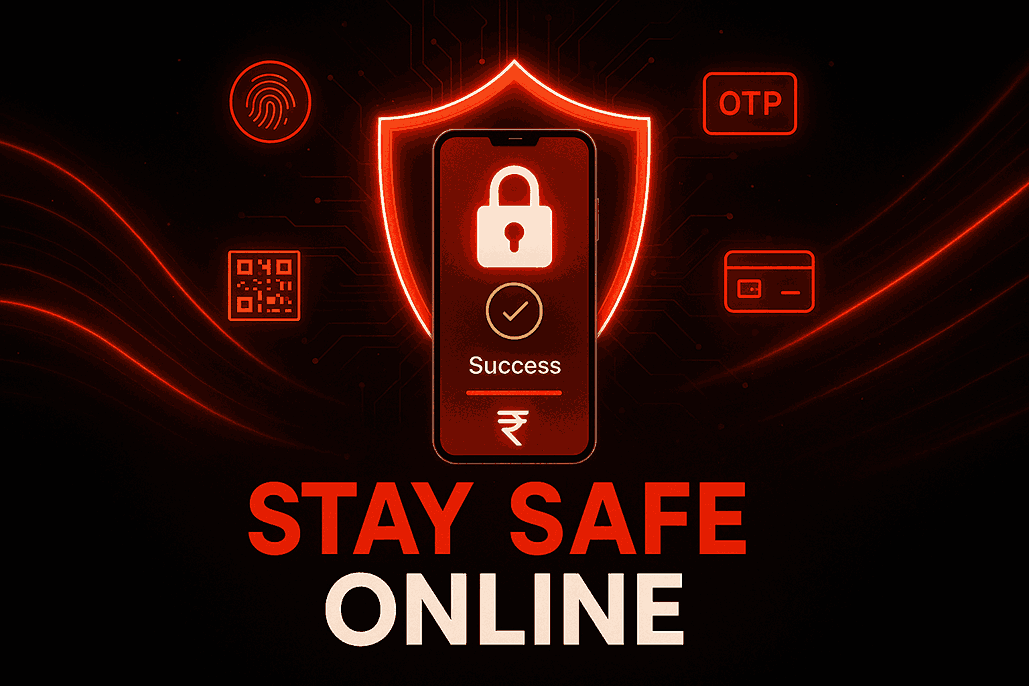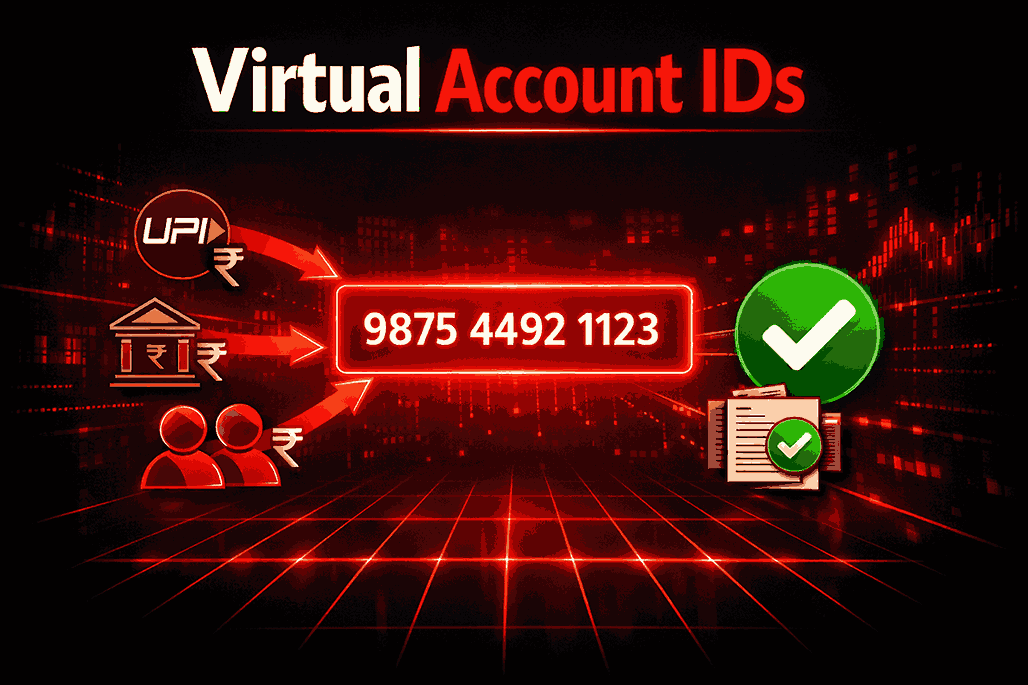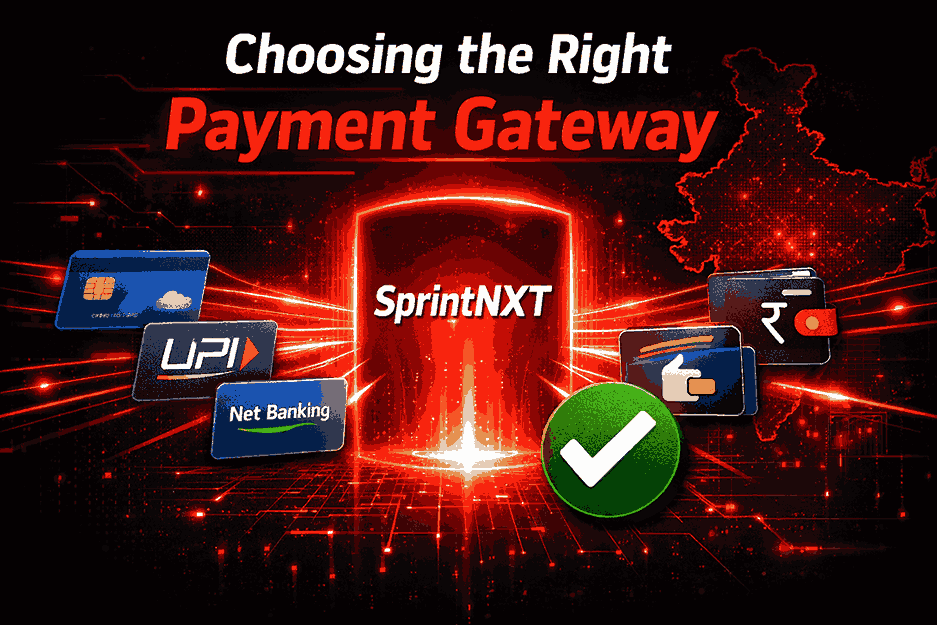Secure Payment: Assure Online Transaction Safety Every Time

Secure
payment is one of the bases of safe
e-shopping. Whether you buy clothes, book tickets, or pay bills, keeping one's
financial information secure is absolutely vital. With the rise in online scams
and cyber threats, a secure transaction allows both the buyer and the business
to stay assured. To learn more about how innovative banking APIs enhance
payment security,
check out our detailed post on SprintNXT Banking API Solutions
Table of
contents
1.
What is
Secure Payment?
2.
Why Secure
Payment Matters?
3.
How Secure
Payment Systems Work?
4.
How to make
online payments securely?
5.
Benefits of
Secure Payment Solutions to Businesses
6.
Conclusion:
Secure Payment
7.
FAQs: Secure
Payment
What is
secure payment?
A secure
payment process involves advanced encryption, secure payment gateways, and
robust authentication methods to protect customer data. It ensures that your
money reaches the right place without any unauthorized access or cyber threats.
In other words, secure payment means safe e-transactions, thereby giving
confidence to customers when paying through digital platforms.
For a deeper
understanding of how this works in practice—especially for businesses using UPI
collections—see this article: Complete UPI Collection API
Why Secure Payments Matter
When customers make any payments
online, they share their sensitive financial information. If they are not
appropriately safeguarded, such information may be stolen or misused. Here’s
why secure online payments are important:
1.
Safeguarding
users' data, encryption is applied to protect personal and financial
information.
2.
Builds trust:
Consumers are more likely to make purchases from brands that can guarantee
secure modes of payment.
3.
Fraud
prevention: Secure gateways detect and block suspicious activities.
4.
Ensures
compliance: Companies that use secure systems are following PCI DSS (Payment
Card Industry Data Security Standards).
How Secure
Payment Systems Work
A secure
payment gateway acts like a connecting bridge between the customer and the
merchant. It encrypts all the payment data and sends it to the bank for
authorization.
Here’s a
simple breakdown of how it works:
1.
The customer
enters payment information on the checkout page.
2.
The data is
encrypted and sent via a secure SSL connection.
3.
The bank
verifies the payment and approves it.
4.
The
confirmation is sent back to both the merchant and the customer.
5.
This quick
but secure process ensures that the transaction cannot be intercepted by any
third party.
To learn more
about secure digital payment systems, check out UPI Collection
Best
Practices for Secure Online Payments
Whether you are a business owner or a customer, you can avoid online fraud with the following secure payment tips:
1.
Always ensure
that HTTPS is present in the website URL before entering card details.
2.
Also, enable
2FA to enhance security.
3.
Keep your
systems and devices updated with the latest security patches.
4.
Avoid using
public Wi-Fi to perform financial transactions.
5.
Be aware of
your bank statements and watch for anything unusual.
Benefits of
Secure Payment Solutions for Businesses
To
businesses, investing in secure payment systems not only protects customers but
also strengthens their credibility.
Some of the
key benefits include:
1.
Improved
customer trust and retention
2.
Reduced
chargebacks and fraud losses
3.
More customer
confidence leads to better conversion rates
4.
Compliance
with international security standards
For a
detailed overview of how secure payment collection solutions work, visit SprintNXT SimpliCollect Payment Collection.
Conclusion:
Secure Payment
Safe online
transactions are built on the foundation of secure payments. With the rise of
new cyber threats every year, this topic becomes increasingly crucial for both
businesses and consumers. By using secure payment gateways, data encryption,
and multi-layer authentication, you can ensure that every transaction remains
protected.
Always choose
platforms that provide secure, fast, and reliable payment solutions — because
online convenience should never come at the cost of safety.
To explore
more about efficient and secure digital payment solutions, read What is Bulk Payment
Frequently
Asked Questions: Secure Payment
What is a
secure payment?
A secure payment means a web-based
transaction that follows encryption and security protocols to safeguard your
financial information. It ensures that during the whole processing of the
payment, the card or bank details are not misused by unauthorized parties.
How to make a
secure online payment?
To make a secure online payment, simply follow these safety steps:
1.
Use trusted
websites that use HTTPS in the URL.
2.
Avoid using
public Wi-Fi to make payments online.
3.
Enable
two-factor authentication for extra protection.
4.
Check your
transaction history regularly for suspicious activities.
Which payment
method is secure?
Some of the most secure payment
methods include:
1.
UPI (Unified
Payments Interface) – Fast, encrypted, and widely accepted.
2.
Credit/Debit
cards with chip and PIN verification.
3.
Digital Bank
transfers made through official banking apps or websites.
How long does
a secure payment take?
A secure payment usually takes
only a few seconds to a few minutes for processing. This will depend on the
means of payment and the bank verification process. UPI and digital wallets:
Instant processing. Credit/debit cards: Usually completed within seconds. Bank
transfers: May take a few hours to reflect.
What is meant
by a secure transaction?
A secure transaction means that
the exchange of money or information between the buyer and the seller occurs
safely. This is possible with the use of SSL certificates, firewalls, and data
encryption. It ensures that only authorized parties have access to the details
of the payment, securing them against scams or breaches of data.




















